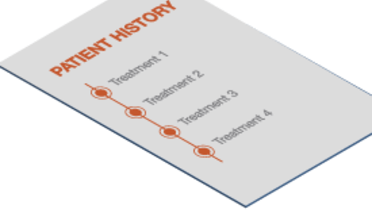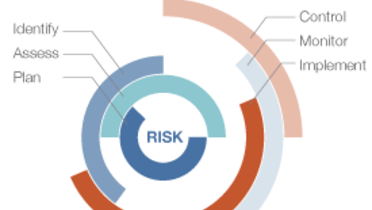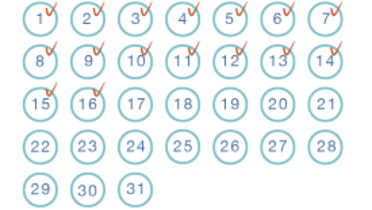-
0
Patient Assessment
- 0.1 Patient demand
- 0.2 Overarching considerations
- 0.3 Local history
- 0.4 Anatomical location
- 0.5 General patient history
-
0.6
Risk assessment & special high risk categories
- 5.1 Risk assessment & special high risk categories
- 5.2 age
- 5.3 Compliance
- 5.4 Smoking
- 5.5 Drug abuse
- 5.6 Recreational drugs and alcohol abuse
- 5.7 Parafunctions
- 5.8 Diabetes
- 5.9 Osteoporosis
- 5.10 Coagulation disorders and anticoagulant therapy
- 5.11 Steroids
- 5.12 Bisphosphonates
- 5.13 BRONJ / ARONJ
- 5.14 Radiotherapy
- 5.15 Risk factors
-
1
Diagnostics
-
1.1
Clinical Assessment
- 0.1 Lip line
- 0.2 Mouth opening
- 0.3 Vertical dimension
- 0.4 Maxillo-mandibular relationship
- 0.5 TMD
- 0.6 Existing prosthesis
- 0.7 Muco-gingival junction
- 0.8 Hyposalivation and Xerostomia
- 1.2 Clinical findings
-
1.3
Clinical diagnostic assessments
- 2.1 Microbiology
- 2.2 Salivary output
-
1.4
Diagnostic imaging
- 3.1 Imaging overview
- 3.2 Intraoral radiographs
- 3.3 Panoramic
- 3.4 CBCT
- 3.5 CT
- 1.5 Diagnostic prosthodontic guides
-
1.1
Clinical Assessment
-
2
Treatment Options
- 2.1 Mucosally-supported
-
2.2
Implant-retained/supported, general
- 1.1 Prosthodontic options overview
- 1.2 Number of implants maxilla and mandible
- 1.3 Time to function
- 1.4 Submerged or non-submerged
- 1.5 Soft tissue management
- 1.6 Hard tissue management, mandible
- 1.7 Hard tissue management, maxilla
- 1.8 Need for grafting
- 1.9 Healed vs fresh extraction socket
- 1.10 Digital treatment planning protocols
- 2.3 Implant prosthetics - removable
-
2.4
Implant prosthetics - fixed
- 2.5 Comprehensive treatment concepts
-
3
Treatment Procedures
-
3.1
Surgical
-
3.2
Removable prosthetics
-
3.3
Fixed prosthetics
-
3.1
Surgical
- 4 Aftercare
总体健康检查
Key points
- 在定期回访时,应更新患者总体健康相关信息,如头部和颈部区域感染或治疗
- 更新患者药物治疗状况
- 如有疑问,可询问患者的家庭医生或专科医生
回访 - 总体健康检查更新
随着时间的推移,患者的健康状况会有很大的变化,因此在每次回访时,应检查并获得患者的总体健康状况最新信息,并根据需要适当调整维护方案。在候诊室张贴有关此类主题的信息(如海报)是很有帮助的。不仅临床医师应询问患者,工作人员也应了解此类更新的重要性。
考虑问题时一定要考虑到以下方面:全身、心血管、血液、神经、胃肠、泌尿生殖和代谢性疾病、手术和医院就诊(例如放射治疗)、过敏症、感染、特异性感染(肝炎、HIV)、前往热带国家/地区旅行(某些疾病的潜伏期)。
专门重新评估头部和颈部区域:鼻或窦手术、主诉咽部异常等。
如遇到重大的新情况,应要求患者提供医疗报告。如有疑问,应随时联系提供治疗的专科医生或家庭医生。
药物治疗情况更新
应查看药物治疗情况,并查看是否发生任何变化。尤其应询问与血液/心脏(如抗凝血药)或骨(双磷酸盐药物)相关的所有药物治疗情况。高龄患者会将用药视为日常生活的一部分,如果用一般的方式询问,他们可能会忘记提及药物治疗情况。



